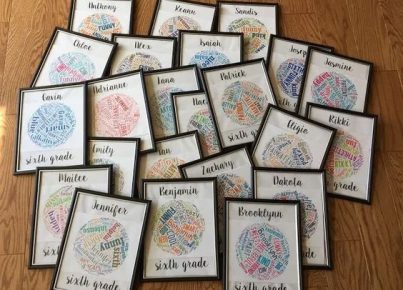Introduction
Gifted and talented individuals possess exceptional abilities and potential beyond their peers. These exceptional characteristics can be found in a diverse range of areas, such as academics, arts, sports, or leadership. Recognizing and nurturing the talents of gifted individuals is crucial for their personal growth and development. This article will provide an overview of the basics of giftedness and talent, including the identification process, characteristics, challenges, and ways to support these unique individuals.
Identification
Identifying gifted and talented individuals can be a challenging process. It is essential to consider various aspects of a person’s abilities, including achievements, aptitudes, interests, motivation, willingness to take risks, problem-solving skills, creativity, ability to learn quickly, advanced language skills or leadership abilities. Teachers and parents play a vital role in recognizing early signs and seeking appropriate assessments from qualified professionals.
Characteristics
Gifted and talented individuals exhibit a range of characteristics that set them apart from their peers. They often show high levels of cognitive abilities above the norm for their age group and have an increased capacity for learning. They are intensely curious about the world around them and may demonstrate intense involvement with particular subjects or hobbies.
These individuals also exhibit heightened levels of creativity – they generate original ideas more frequently than their peers and are not afraid to take risks in thinking or exploring new avenues.
Challenges
Giftedness does not come without its challenges. Despite their unique abilities, gifted people often face social-emotional difficulties due to experiences such as social isolation, bullying or pressure to conform. Gifted people may find it hard to connect with like-minded peers who share similar interests or experiences.
High expectations from others can lead to perfectionism or fear of failure in these individuals. Additionally, some gifted individuals may experience underachievement if they are not appropriately challenged or engaged in school environments designed for average learners.
Supporting Gifted Individuals
Recognizing and supporting gifted individuals can significantly enhance their personal growth, development and interpersonal relationships. Here are some strategies to support these unique individuals:
1. Differentiation – Adapt learning instruction to meet the specific needs of the gifted learner, such as providing advanced materials or offering opportunities for independent study, acceleration or enrichment.
2. Social-emotional support – Help gifted learners develop healthy coping strategies and provide them with a safe environment to express their feelings and concerns.
3. Positive peer relationships – Encourage others to appreciate and value the diversity that giftedness provides. Facilitate opportunities for like-minded individuals to connect and interact, such as through clubs or mentorship programs.
4. Communication – Maintain an open dialogue between teachers, parents, and the gifted individual regarding their progress, adjusting expectations, setting realistic goals and providing ongoing guidance.
5. Encourage risk-taking – Support the development of a growth mindset by encouraging them to take risks, face challenges and learn from failures.
Conclusion
Giftedness is a unique attribute that must be acknowledged, recognized,enriched for talent translates into true potential only if supported correctly.It is critical that we create inclusive educational environments where all learners can thrive, including those who possess exceptional gifts and talents.Collaboration between parents, educators, professionals, and the community is crucial in fostering their fullest potential.





